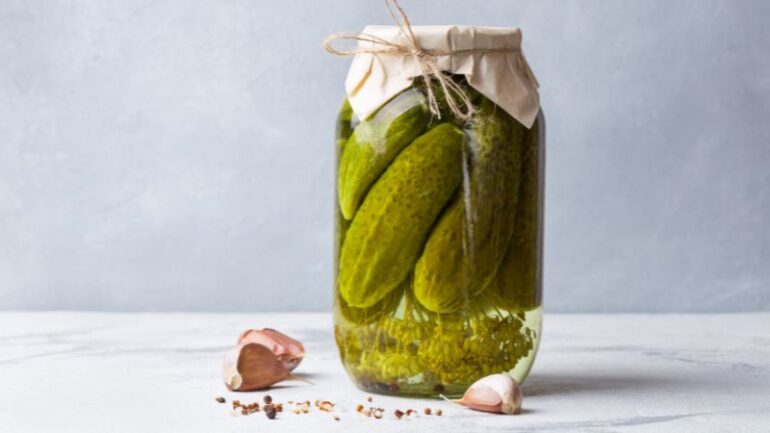Have you ever wondered why certain foods don’t expire? Well, thanks to the science of preservation, there is more than one reason behind why certain food can last the distance and others… not so much.
When most food goes off, it is due to the growth of yeast, mould and fungi over an extended period of time. This can occur when certain enzymes are sensitive to light or the food is exposed to oxygen, knocking PH levels off balance and promoting microbial spoilage.
“The reaction of food to oxygen is an entirely chemical process that can cause yucky changes in flavour and colouration,” Cosmos journalist Imma Perfetto said.
To prevent this from happening, certain methods can be applied to prevent certain food products from expiring; for example, packets of chips are filled with gas, some items are freeze dried, cured, smoked or dehydrated and others are fermented.
Meats such as salami and prosciutto are preserved using a curing method, drawing out the moisture using the osmosis process.
“Curing is a process that uses the addition of salt in order to desiccate meat, fish and vegetables,” Imma said.
While there are a number of methods that prevent food from expiring by averting the growth of microbes, the fermentation process actually encourages the use of microbes.
Food such as kimchi, wine, beer – fermented, bacteria, yeasts and moulds can actually help to preserve food in some instances. This process has been used for thousands of years with beer dating back to 13,000 years ago.
Imma Perfetto takes us on a deep dive into the world of food preservation and the nuances of each preservation technique.
Tune into the full episode of Huh? Science Explained below…
Huh? Science Explained is here, the twice-weekly podcast brought to you byLiSTNRand Cosmos.
